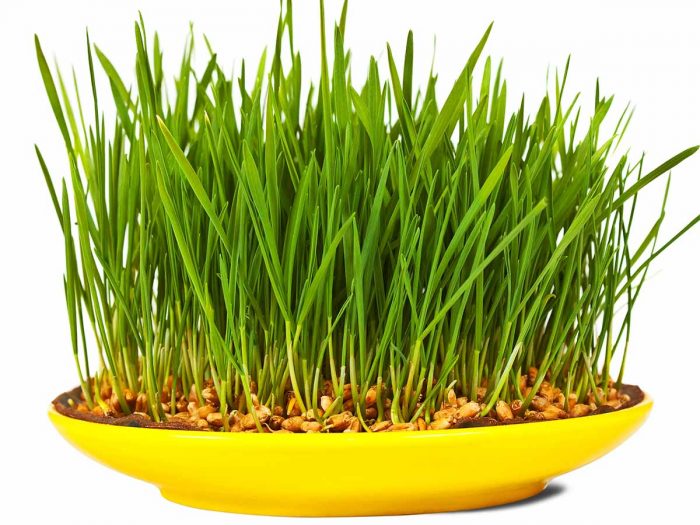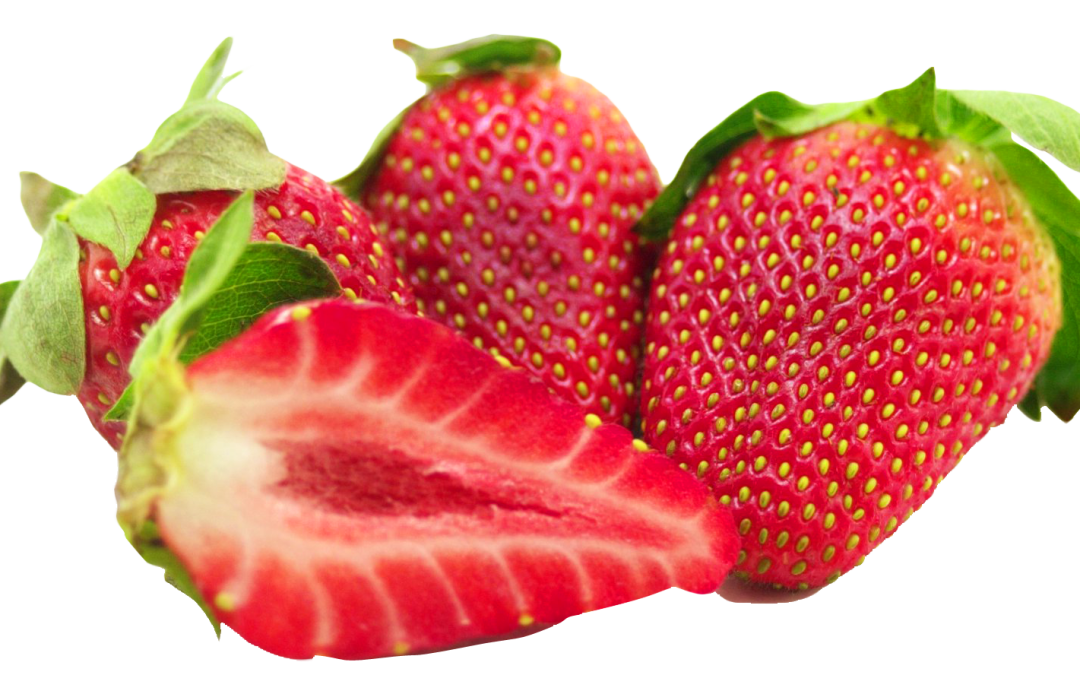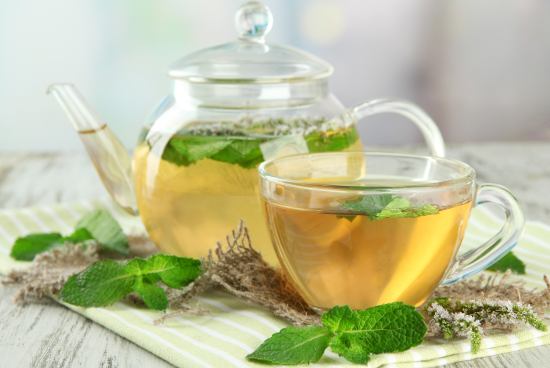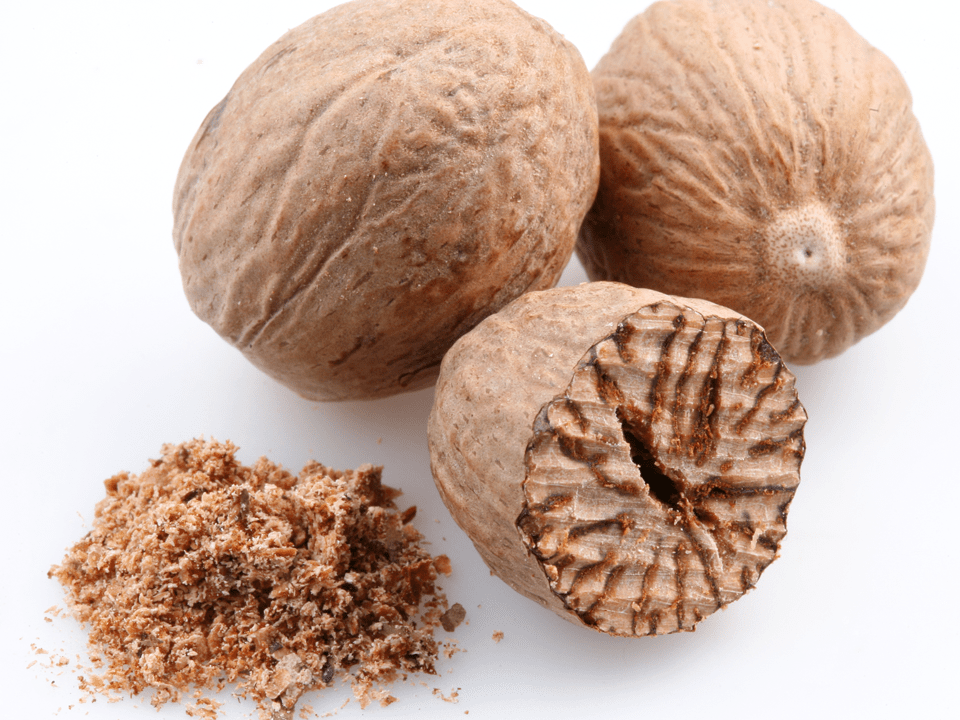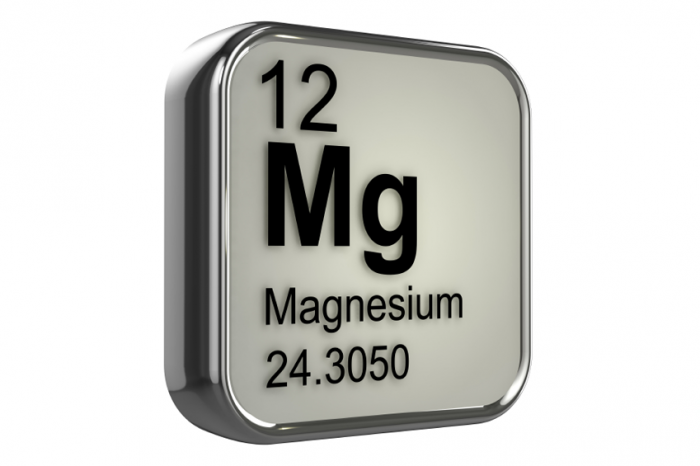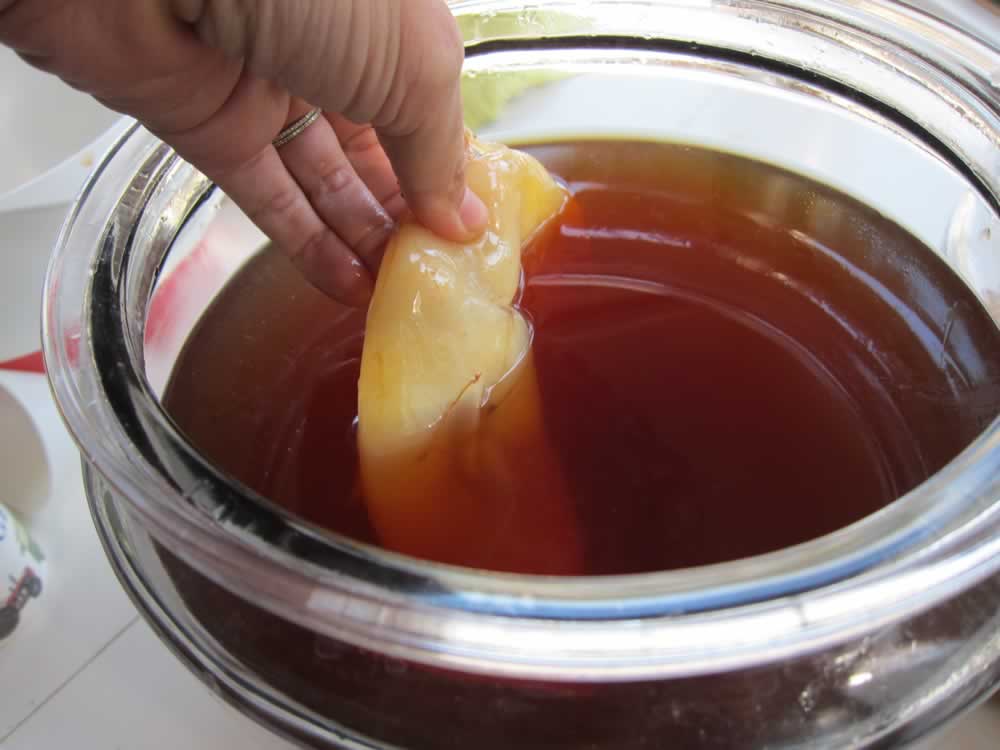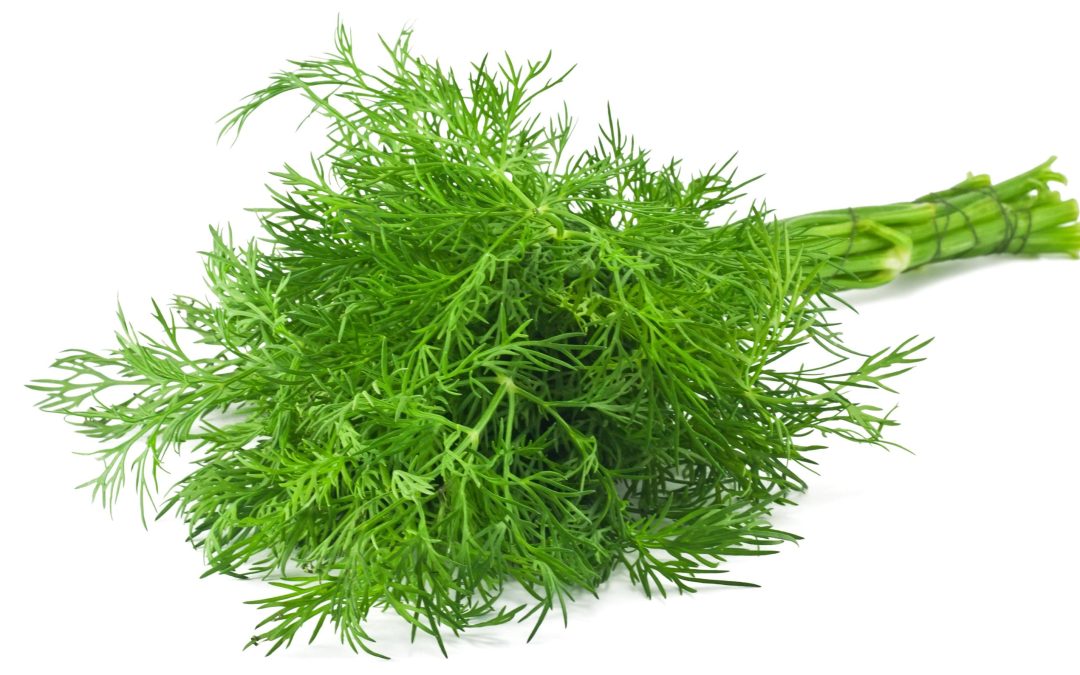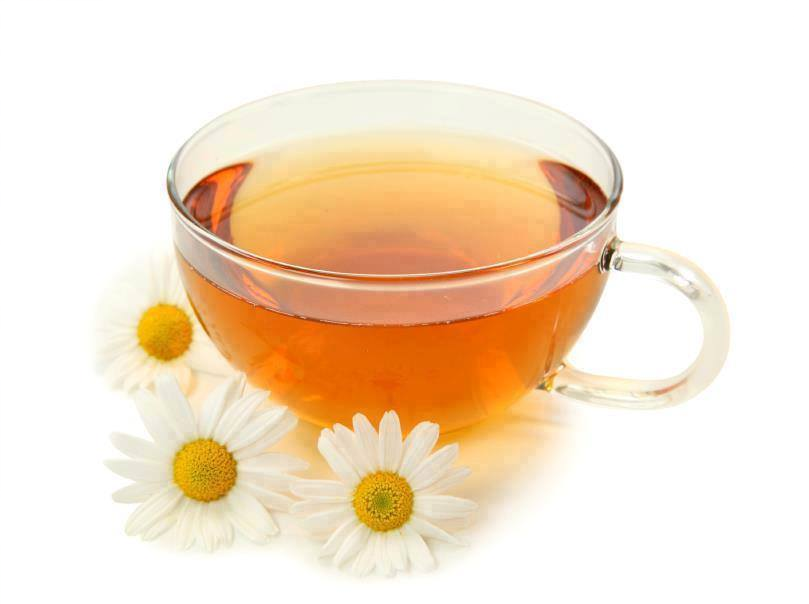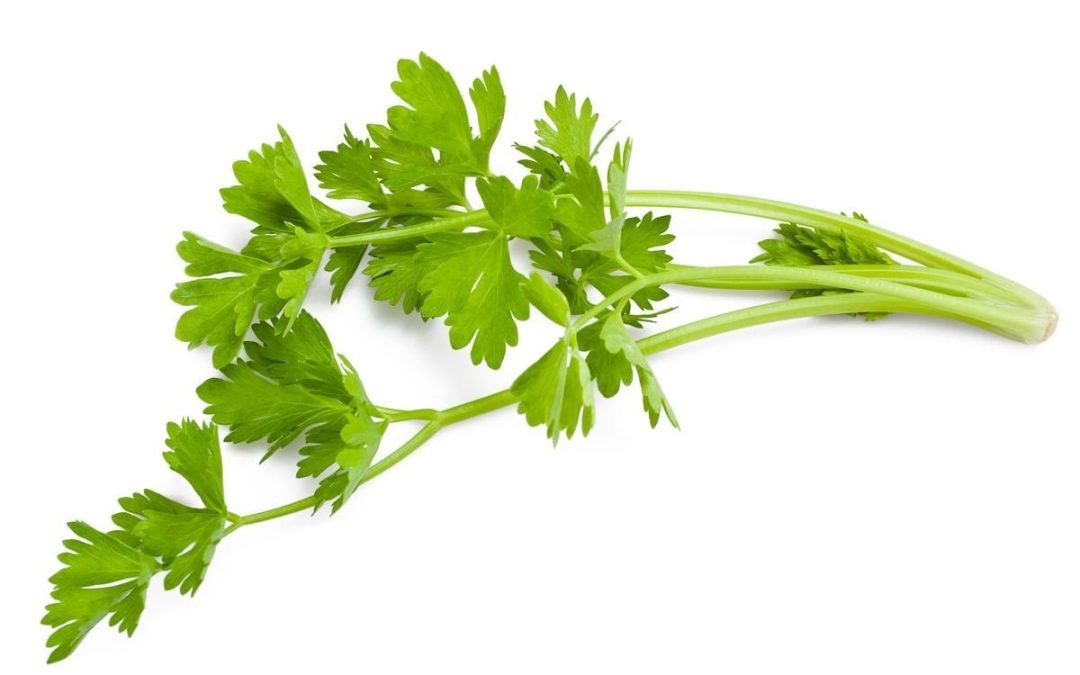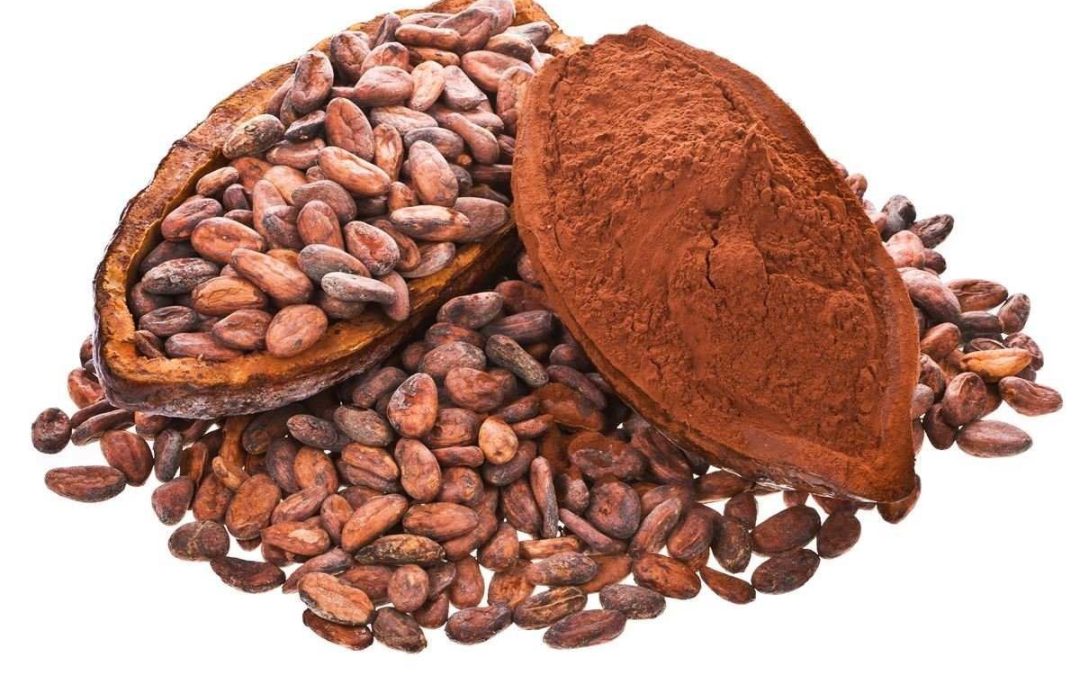Foeniculum vulgare
Fennel is best known as a digestive tonic.
Characteristics
- Common Names: Fennel, Sweet fennel (var. dulce), Bitter fennel (var. vulgare)
- Family: Apiaceae (Umbelliferae)
- Habitat: Foeniculum vulgare is native to the Mediterranean but is cultivated and naturalized elsewhere. It prefers well-drained soil in sunny locations.
- Parts Used: Seeds (medicinal), herb, fresh bulb (culinary)
- Constituents: Volatile oil, flavonoids, coumarins, sterols, fixed oil, sugars
Medicinal Actions
Carminative/stomachic, aromatic, antiemetic, anti-inflammatory, antispasmodic, expectorant, hepatic, mild stimulant, slightly estrogenic, galactagogue, diuretic, orexigenic
Uses
- Historical Uses: Foeniculum vulgare was once used for snake bites and as an antidote to witchcraft. It has also been used for weight loss, longevity, and to promote lactation.
- Medicinal Uses: Digestive Tonic, flatulence, colic especially in infants, mild spasmodic gastrointestinal complaints, griping from purgatives
- Other Conditions: Kidney stones, teething, sore eyes (eyewash), agalorrhea, catarrh of the upper respiratory tract.
Health Benefits of Fennel Tea
Women’s Health – Fennel’s volatile oils have mild estrogen-like qualities; boost libido and stimulates the production and flow of milk in lactating women. It is sometimes used to treat amenorrhea. Stimulates the production of estrogen, hence relieving symptoms of PMS, menstrual cramps or menopausal symptoms. Hormonal Balance – A healthy liver leads to proper hormonal balance which in turn is the key to relieve a number of symptoms that affect you on a daily basis. This tea may help with morning sickness and treat sore nipples and infections. You can dip a cloth in the tea mixture and apply it to the sore area three times a day. Although more studies are required, nursing moms can take this tea, with the approval of their doctors, to increase the flow of milk. However, don’t take more than 2 to 4 cups daily.
Cleanses Blood – Fennel herbal tea increases healthy urine flow and protects your liver from alcohol damage and treats diseases such as jaundice. This blood cleanser may also improve kidney function and prevent kidney stones.
Weight Loss – Fennel tea helps reduce water retention, making it one of the best weight loss teas for you. It boosts your metabolism, allowing you to burn fat faster, reduces cellulite and regulates your appetite.
Relieves Arthritis – By cleansing your body with this healthy tea, you improve also the health of your tissues and joints, thus relieving arthritic pain and gout.
Immune System Boost – To feel healthy you need a strong immune system to help you fight bacteria and viruses. A fennel infusion helps to prevent the onset of cold symptoms. This wonderful tea helps to reduce fevers, relieve sore throats and treat most upper respiratory tract illnesses, namely asthma, bronchitis, cough and it clears up congestion and excess phlegm.
Stronger Heart – Fennel tea is a wonderful source of vitamins and antioxidants that can help you to maintain a healthy heart. Antioxidants and vitamins and the cleansing action mentioned above all work to help you lower your bad cholesterol levels and thus reducing the chances of you suffering from hypertension.
Respiratory Problems – Fennel tea is often recommended to treat respiratory issues from simple colds to asthma. It can also help with upper respiratory tract infections because of its antimicrobial properties. Fennel can also be used to treat problems such as angina and high blood pressure.
DBM Protocol – Adjunct Therapy – Fennel
Prescribing Considerations
The information provided is intended to augment treatments – Although most herbs are generally safe, it is recommended that you avoid self-prescribing especially when there is an underlying ongoing medical condition, if you are STILL on any prescription medications or if you are pregnant or breastfeeding. Ensure that you convey this information to your healthcare practitioner.
Formulations and Preparation
Infusion – 1-2 tsp/cup three times daily, or before meals for flatulence.
Other Dosage Instructions
Adults (18 years and older)
- For general use as a tea: 1-2 grams of crushed or ground fruit or seed may be added to 150 milliliters of boiling water for 5-10 minutes and strained. One cup of tea has been taken by mouth three times daily. As an antioxidant, doses of 205, 700, and 4,600 micrograms of aqueous extract taken by mouth have been suggested.
- For angiotensin converting enzyme (ACE) inhibitor-induced cough, 1-1.5 grams of fennel fruit has been taken by mouth up to three times daily.
- For painful menstruation, 25 drops of a 2% concentration of fennel fruit has been taken by mouth every four hours for five days. Thirty drops of fennel every six hours for the first three days of menses have also been taken by mouth, as has 46 milligrams of fennel, taken at the onset of pain or bleeding, five times daily for three days.
- For stomach discomfort, 0.1-0.6 milliliters of fennel oil, 5-7 grams of fennel seed, 10-20 grams of fennel syrup and honey, or 5-7.5 grams of tincture has been taken by mouth daily. One to three grams of fennel in 150 milliliters of infusion, 1-3 milliliters of fluid extract 1:1 (grams per milliliter), or 5-15 milliliters of fennel tincture 1:5 (grams per milliliter) have been taken 2-3 times daily between meals. Also, 0.2-0.7 grams of dry extract of fennel 3.9-4.9:1 (weight/weight) has been taken 2-3 times daily.
- For inflammation of mucous membranes in the upper respiratory tract, 0.1-0.6 milliliters of fennel oil (equivalent to 0.1-0.6 grams of herb), 5-7 grams of fennel seed, 10-20 grams of fennel syrup or honey, or 5-7.5 grams of tincture has been taken by mouth daily. One to three grams of fennel infusion in 150 milliliters of water, 1-3 milliliters of fluid extract (1:1 grams per milliliter), 5-15 milliliters of tincture 1:5 (grams per milliliter), or 0.2-0.7 grams of dry extract 3.9-4.9:1 (weight/weight) has been taken by mouth 2-3 times daily between meals.
- For excess hair growth, 1% and 2% fennel cream has been applied to the skin twice daily for 12 weeks.
- For ultraviolet protection, 2% and 5% naturally active botanical fennel have been used in an emulsion on the skin.
Children (under 18 years old)
- For colic in infants 2-12 weeks old, 0.1% fennel seed oil in a water emulsion and 0.4% polysorbate-80 has been used for one week.
- For inflammation of mucous membranes in the upper respiratory tract, 0.5 grams of the oil per kilogram of body weight has been used. For children aged 1-4 years, 3-6 grams of fennel has been used daily; for those aged 4-10 years, 6-10 grams has been used daily.
Interactions
Interactions with Drugs
- Fennel may increase the risk of bleeding when taken with drugs that increase the risk of bleeding. Some examples include aspirin, anticoagulants (blood thinners) such as warfarin (Coumadin®) or heparin, antiplatelet drugs such as clopidogrel (Plavix®), and nonsteroidal anti-inflammatory drugs such as ibuprofen (Motrin®, Advil®) or naproxen (Naprosyn®, Aleve®).
- Fennel may lower blood sugar levels. Caution is advised when using medications that may also lower blood sugar. Patients taking insulin or drugs for diabetes by mouth should be monitored closely by a qualified healthcare professional, including a pharmacist. Medication adjustments may be necessary.
- Fennel may cause low blood pressure. Caution is advised in patients taking drugs that lower blood pressure.
- Fennel may interfere with the way the body processes certain drugs using the liver’s cytochrome P450 enzyme system. As a result, the levels of these drugs may be changed in the blood, and may cause increased or decreased effects or potentially serious adverse reactions. Patients using any medications should check the package insert and speak with a qualified healthcare professional, including a pharmacist, about possible interactions.
- Because fennel contains estrogen-like chemicals, the effects of drugs believed to have estrogen-like properties may be altered.
- Use of fennel and ciprofloxacin (Cipro®) may lead to decreased bioavailability of ciprofloxacin. Theoretically, fennel may also interfere similarly with other fluoroquinolone antibiotics.
Although not well studied in humans, pretreatment with fennel essential oil may enhance the skin absorption of various topical agents, such as trazodone. - Fennel may also interact with antibiotics, anticancer agents, antifungals, anti-inflammatory agents, antiobesity agents, antispasmodics, cholinesterase inhibitors, diuretics (drugs that increase urination), drugs that suppress the immune system, gastrointestinal agents, glaucoma agents, iron salts, pain relievers, vasodilators, and vasopressors.
Interactions with Herbs and Dietary Supplements
- Fennel may increase the risk of bleeding when taken with herbs and supplements that are believed to increase the risk of bleeding. Multiple cases of bleeding have been reported with the use of Ginkgo biloba, and fewer cases with garlic and saw palmetto. Numerous other agents may theoretically increase the risk of bleeding, although this has not been proven in most cases.
- Fennel may lower blood sugar levels. Caution is advised when using herbs or supplements that may also lower blood sugar. Blood glucose levels may require monitoring, and doses may need adjustment.
- Fennel may cause low blood pressure. Caution is advised in patients taking herbs or supplements that lower blood pressure.
- Fennel may interfere with the way the body processes certain herbs or supplements using the liver’s cytochrome P450 enzyme system. As a result, the levels of other herbs or supplements may become too high or too low in the blood. It may also alter the effects that other herbs or supplements possibly have on the P450 system. Because fennel contains estrogen-like chemicals, the effects of herbs and supplements believed to have estrogen-like properties may be altered.
- Although not well studied in humans, pretreatment with fennel essential oil may enhance the skin absorption of various topical agents.
- Fennel may interact with antibacterials, anticancer agents, antifungals, anti-inflammatory herbs and supplements, antiobesity herbs and supplements, antioxidants, antispasmodics (drugs for muscle spasms), diuretics (agents that increase urination), eggs, gastrointestinal herbs and supplements, glaucoma agents, herbs that affect the immune system, hormonal herbs and supplements, insect repellants, iron, iron-containing foods, pain relievers, peony, probiotics, vasodilators, and vasopressors.
Interactions Source:wellness.com
| DBM COMMENTIf you take a look at the numerous cautions of mixing an innocent seed such as fennel with drugs, herbs and dietary supplements, this will highlight ONE of the reasons why DBM does not support the indiscriminate use of supplements, self-medication of OTC herbal medicines and/or pharmaceuticals. |




